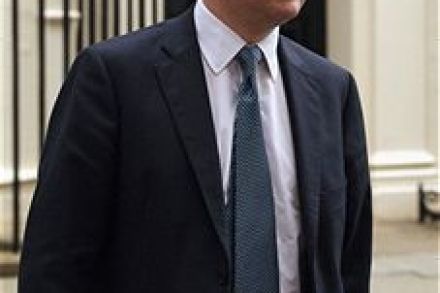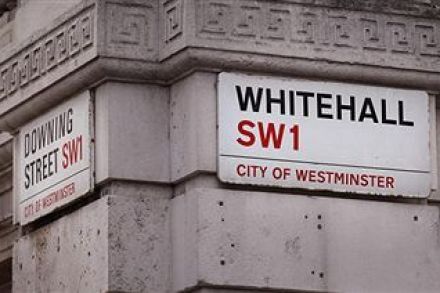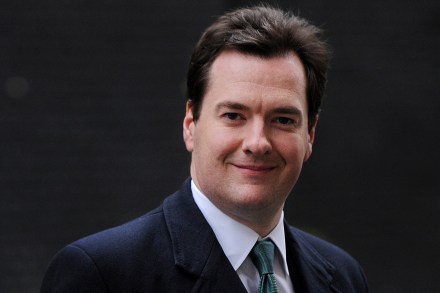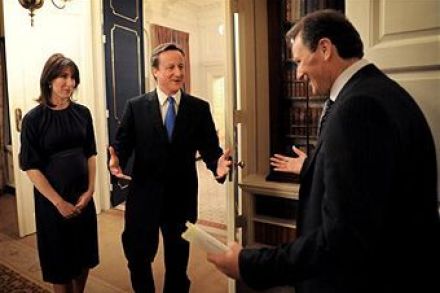Allowing growth, not forcing it
What is a “Budget for Growth,” and how can one be delivered? These questions have been preoccupying civil servants across Whitehall, policy folk in think tanks, and the press since the coalition announced in November that it would be reporting back on its “Growth Review” in the 2011 Budget. While foreign events rightly moved discussion of the impending Budget further back in last weekend’s papers, there was extensive coverage of the potential for targeted tax cuts and reliefs and incentives targeted at particular industries or sectors. The obvious problem with a number of these is that they cost money, and this is something the coalition does not have in spades.



















